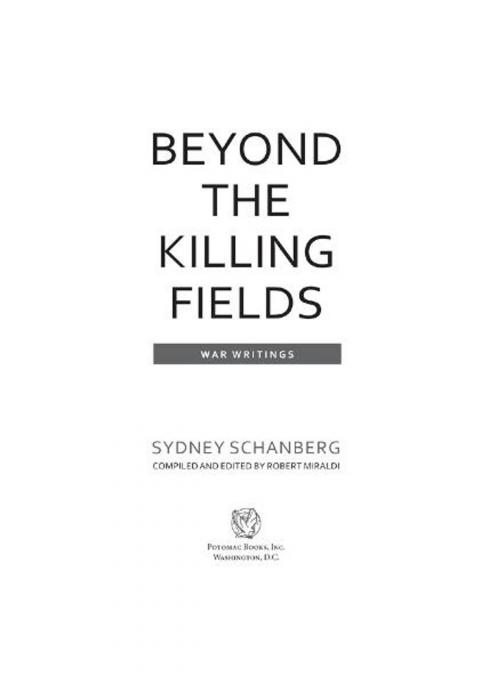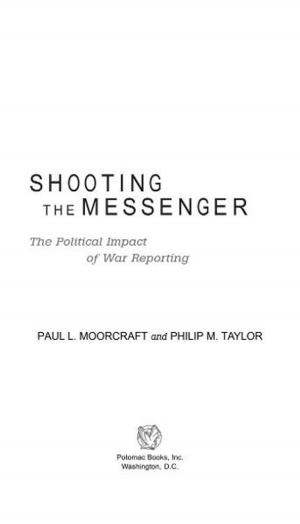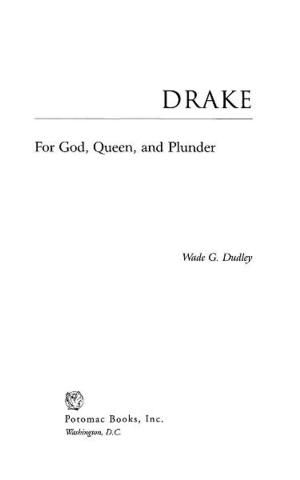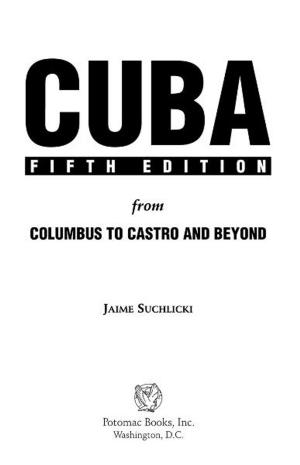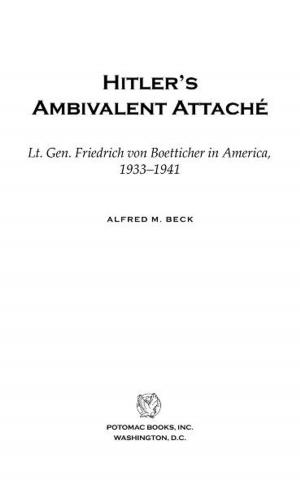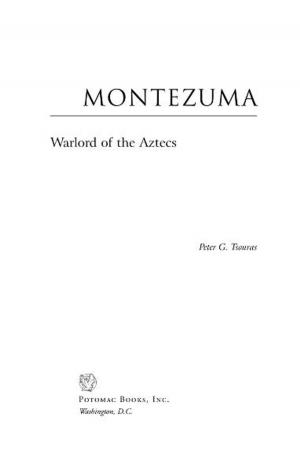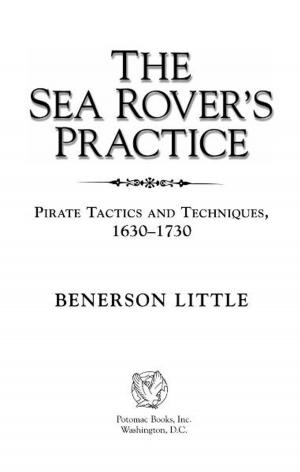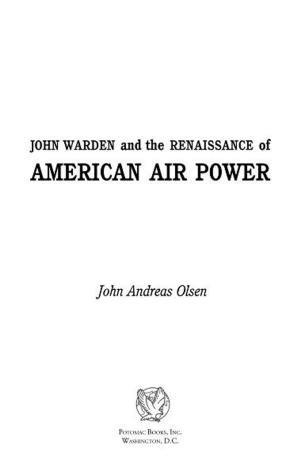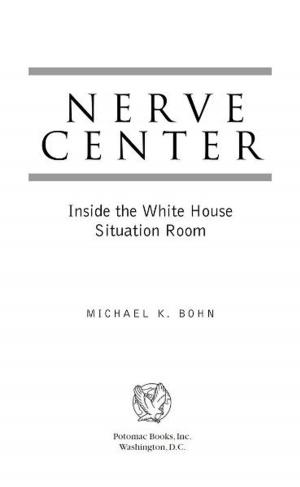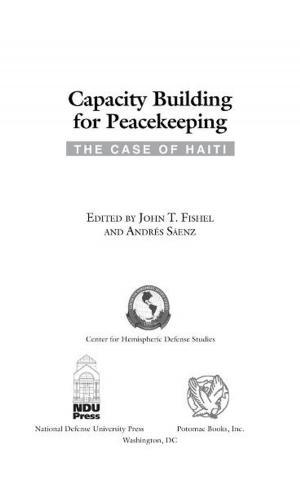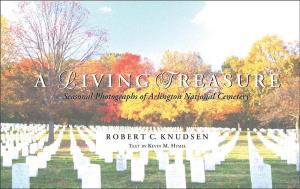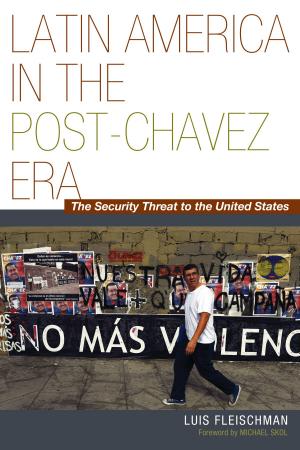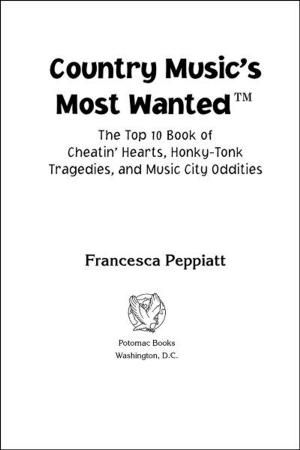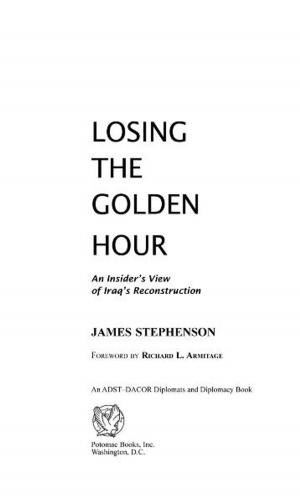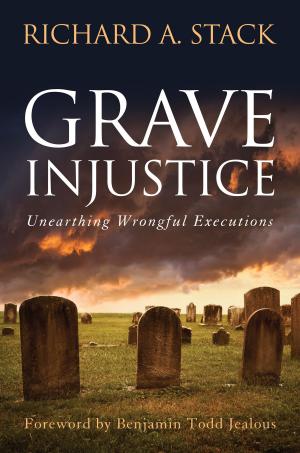Beyond the Killing Fields
Nonfiction, Reference & Language, Language Arts, Journalism, History, Military, Vietnam War, Asian| Author: | Sydney Schanberg | ISBN: | 9781597976107 |
| Publisher: | Potomac Books Inc. | Publication: | March 31, 2010 |
| Imprint: | Potomac Books Inc. | Language: | English |
| Author: | Sydney Schanberg |
| ISBN: | 9781597976107 |
| Publisher: | Potomac Books Inc. |
| Publication: | March 31, 2010 |
| Imprint: | Potomac Books Inc. |
| Language: | English |
This first-ever anthology of the war reporting and commentary of Pulitzer Prizewinning journalist Sydney Schanberg is drawn from more than four decades of reporting at home and abroad for the New York Times, Newsday, the Village Voice, and various magazines. The centerpiece of the collection is his signature work, The Death and Life of Dith Pran, which appeared in the New York Times Magazine. This became the foundation of Roland Joffés acclaimed film The Killing Fields (1984), which explored the Khmer Rouge genocide in Cambodia during the late 1970s.
Although Schanberg may be best known for his work on Cambodia, he also reported on the India-Pakistan war that ended Pakistans brutal attempt to crush the Bangladesh freedom movement in the 1970s. His striking coverage of the Vietnam conflict recounts Hanois fierce offensive in 1972 that almost succeeded. Years later, citing official documents and other hard evidence that a large number of American POWs were never returned by Hanoi, Schanberg criticized the national press for ignoring these facts and called for Washington to release documents that had been covered up since 1973.
As the media critic for the Village Voice, Schanberg offered a unique and searing viewpoint on Iraq, which he called Americas strangest war. His criticism of the Bush administrations secrecy brings his war reportage into the present and presents a vigorous critique of what he considers a devious and destructive presidency. Beyond the Killing Fields is an important work by one of Americas foremost journalists.
Although Schanberg may be best known for his work on Cambodia, he also reported on the India-Pakistan war that ended Pakistans brutal attempt to crush the Bangladesh freedom movement in the 1970s. His striking coverage of the Vietnam conflict recounts Hanois fierce offensive in 1972 that almost succeeded. Years later, citing official documents and other hard evidence that a large number of American POWs were never returned by Hanoi, Schanberg criticized the national press for ignoring these facts and called for Washington to release documents that had been covered up since 1973.
As the media critic for the Village Voice, Schanberg offered a unique and searing viewpoint on Iraq, which he called Americas strangest war. His criticism of the Bush administrations secrecy brings his war reportage into the present and presents a vigorous critique of what he considers a devious and destructive presidency. Beyond the Killing Fields is an important work by one of Americas foremost journalists.
This first-ever anthology of the war reporting and commentary of Pulitzer Prizewinning journalist Sydney Schanberg is drawn from more than four decades of reporting at home and abroad for the New York Times, Newsday, the Village Voice, and various magazines. The centerpiece of the collection is his signature work, The Death and Life of Dith Pran, which appeared in the New York Times Magazine. This became the foundation of Roland Joffés acclaimed film The Killing Fields (1984), which explored the Khmer Rouge genocide in Cambodia during the late 1970s.
Although Schanberg may be best known for his work on Cambodia, he also reported on the India-Pakistan war that ended Pakistans brutal attempt to crush the Bangladesh freedom movement in the 1970s. His striking coverage of the Vietnam conflict recounts Hanois fierce offensive in 1972 that almost succeeded. Years later, citing official documents and other hard evidence that a large number of American POWs were never returned by Hanoi, Schanberg criticized the national press for ignoring these facts and called for Washington to release documents that had been covered up since 1973.
As the media critic for the Village Voice, Schanberg offered a unique and searing viewpoint on Iraq, which he called Americas strangest war. His criticism of the Bush administrations secrecy brings his war reportage into the present and presents a vigorous critique of what he considers a devious and destructive presidency. Beyond the Killing Fields is an important work by one of Americas foremost journalists.
Although Schanberg may be best known for his work on Cambodia, he also reported on the India-Pakistan war that ended Pakistans brutal attempt to crush the Bangladesh freedom movement in the 1970s. His striking coverage of the Vietnam conflict recounts Hanois fierce offensive in 1972 that almost succeeded. Years later, citing official documents and other hard evidence that a large number of American POWs were never returned by Hanoi, Schanberg criticized the national press for ignoring these facts and called for Washington to release documents that had been covered up since 1973.
As the media critic for the Village Voice, Schanberg offered a unique and searing viewpoint on Iraq, which he called Americas strangest war. His criticism of the Bush administrations secrecy brings his war reportage into the present and presents a vigorous critique of what he considers a devious and destructive presidency. Beyond the Killing Fields is an important work by one of Americas foremost journalists.
